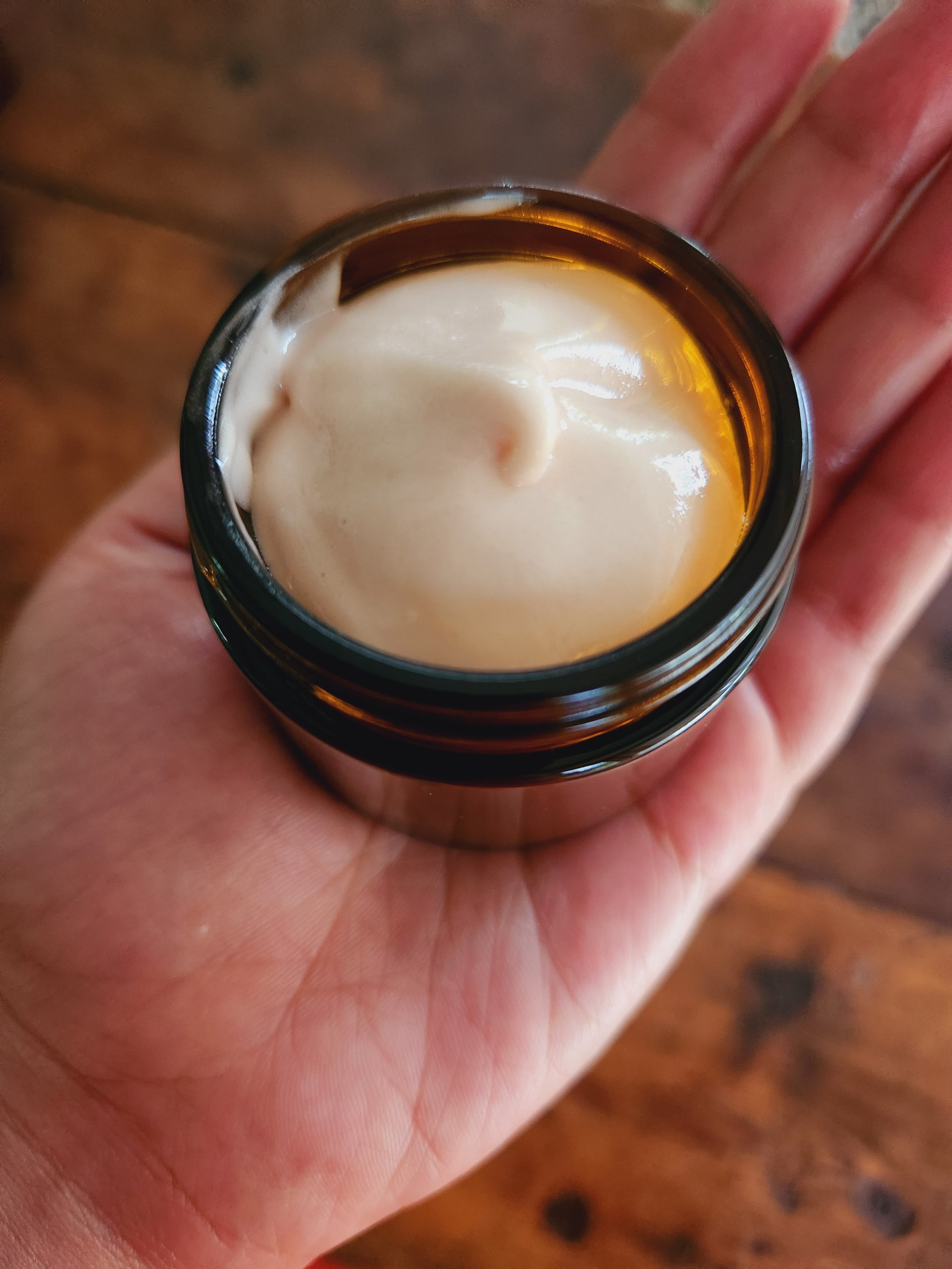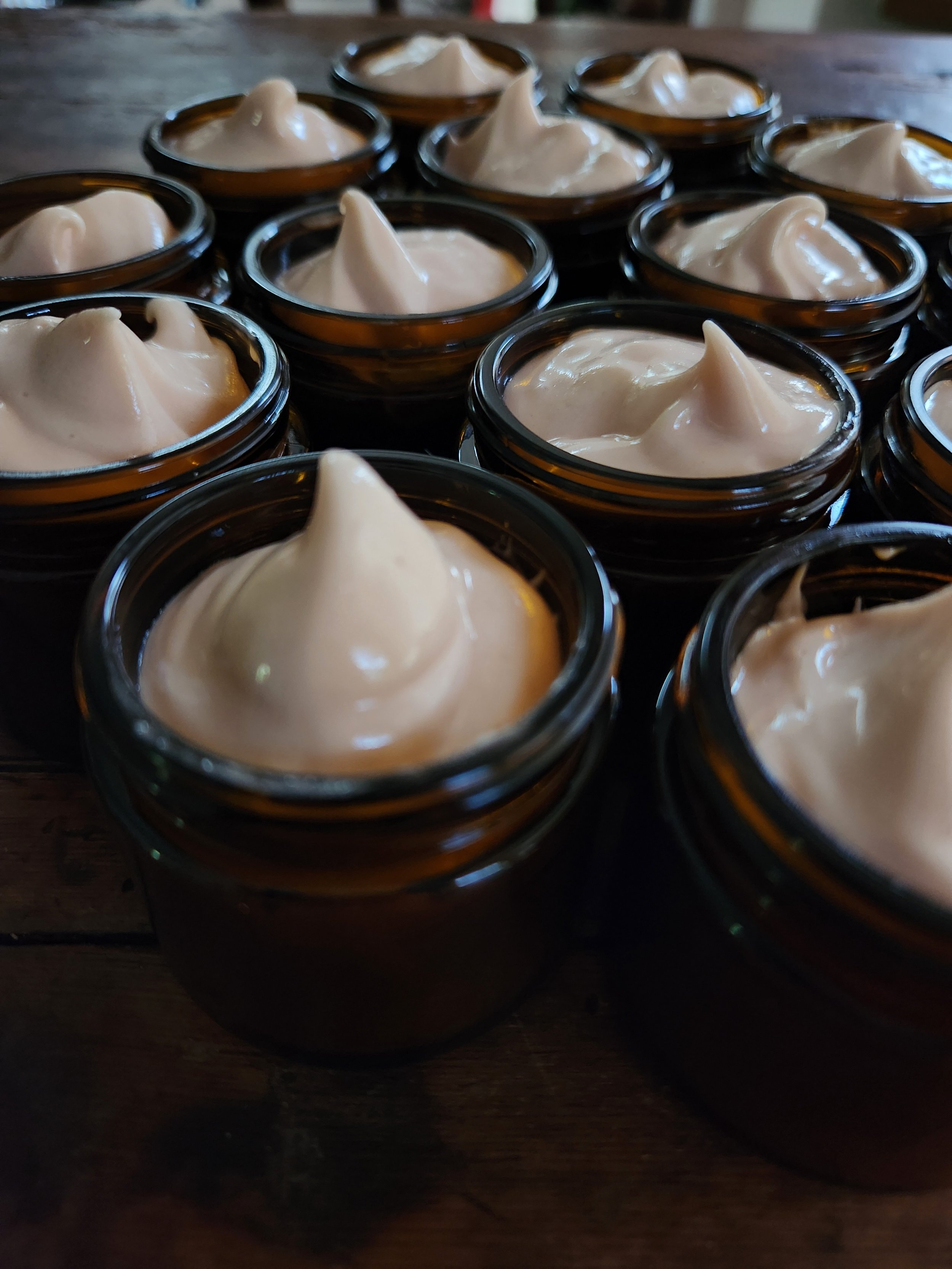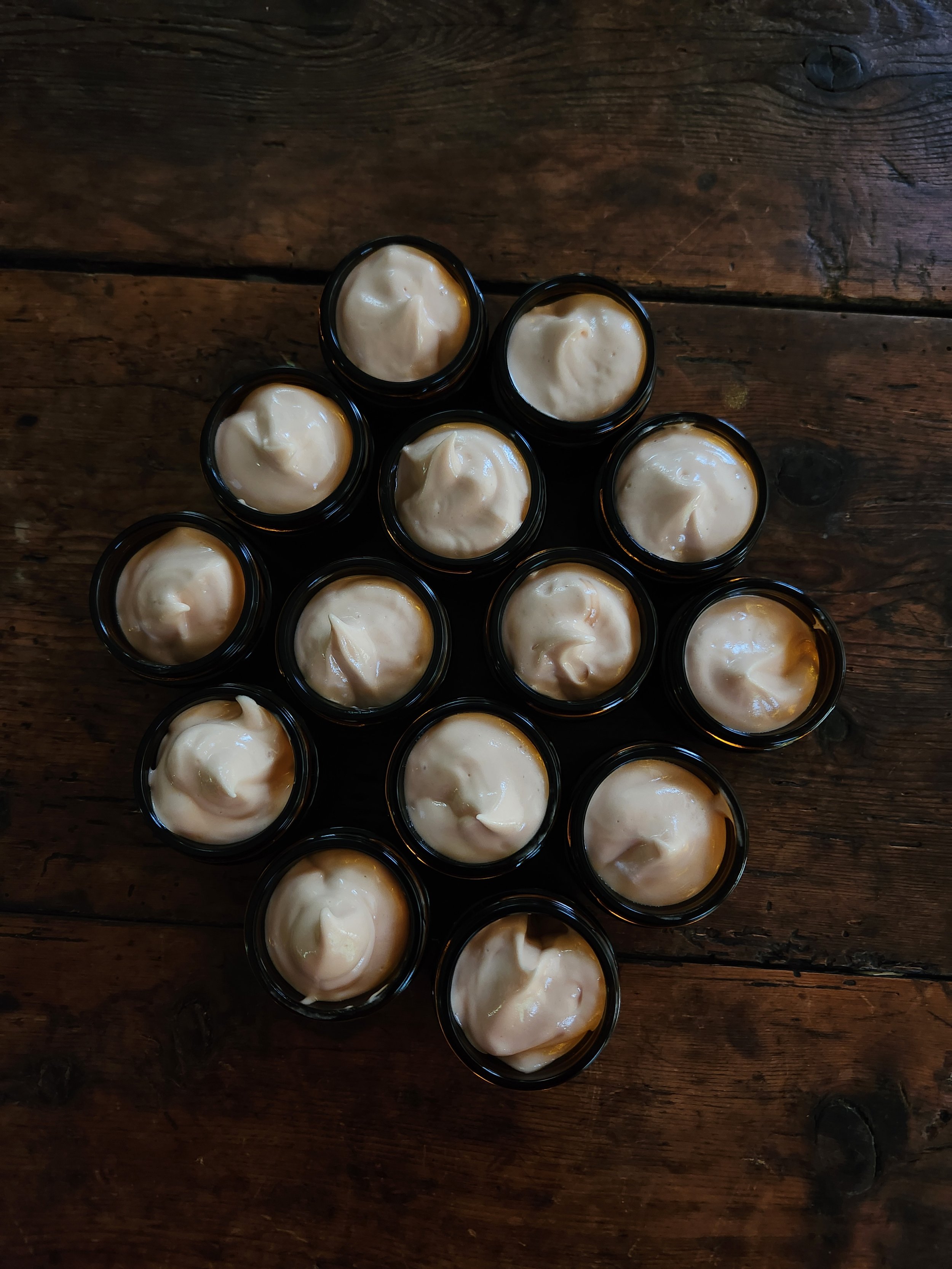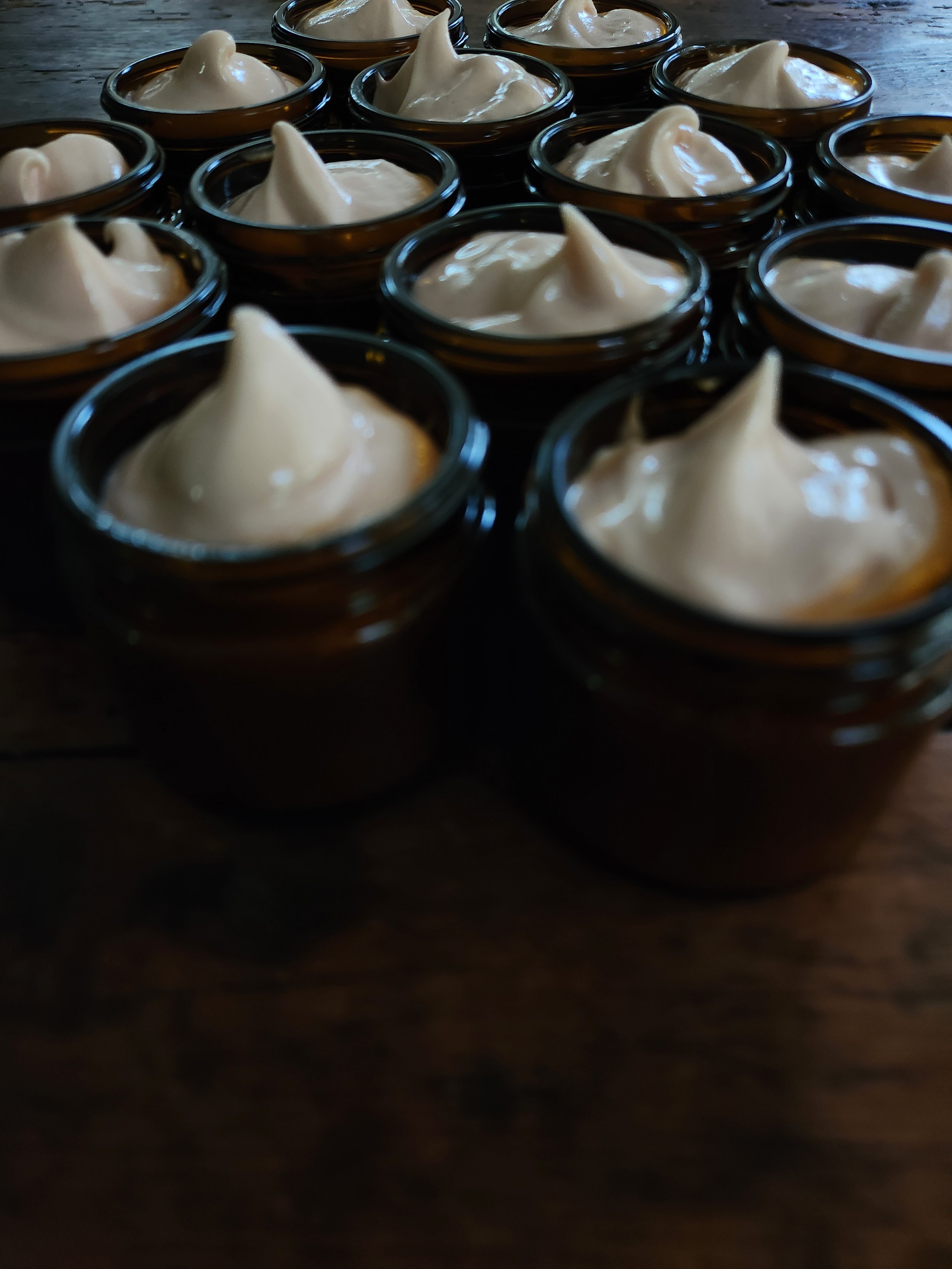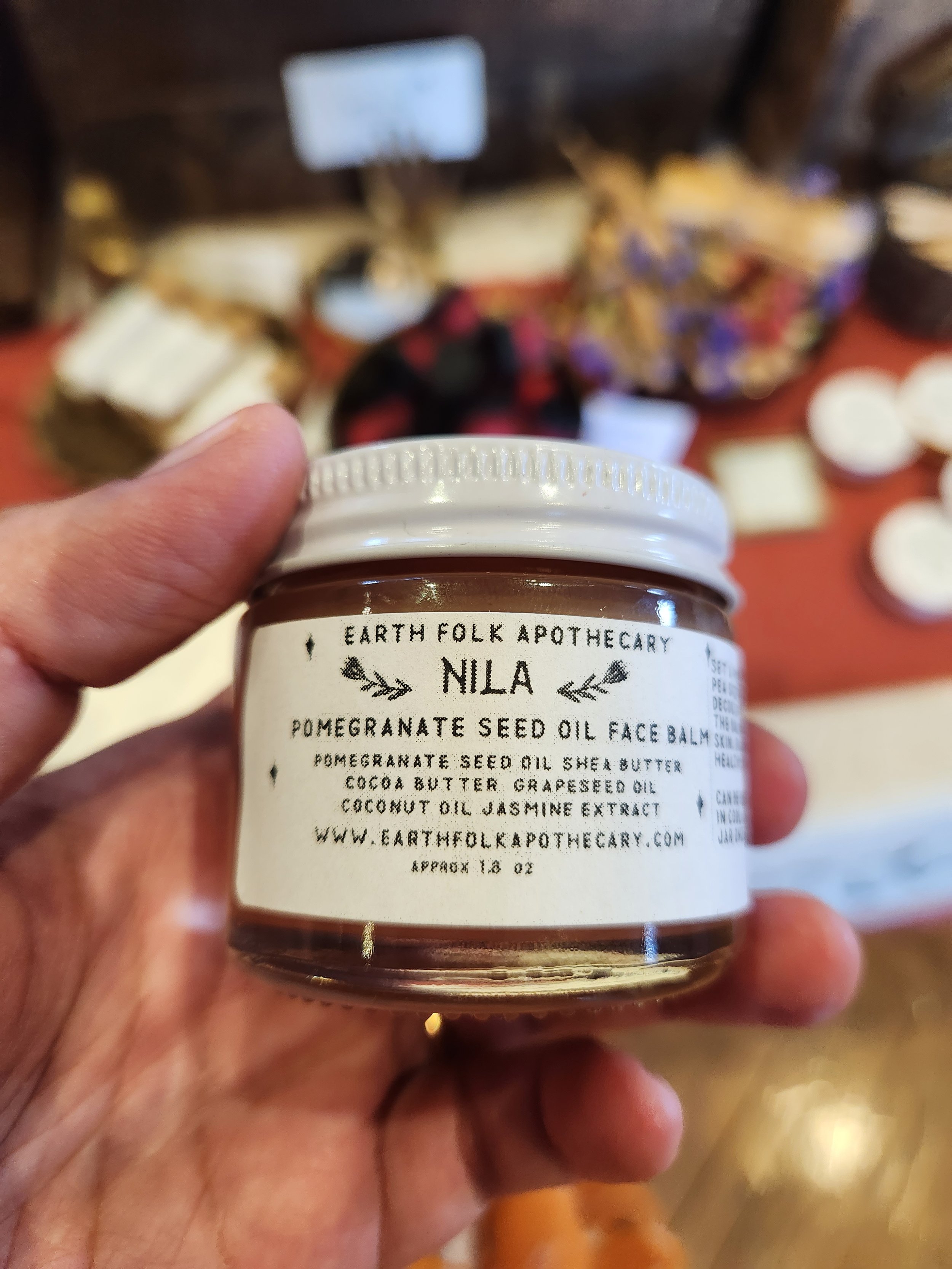The Benefits: As the function of the microbiota of the mouth becomes more understood, ancient techniques to support oral hygiene are becoming more popular. One practice backed by numerous studies is called tongue scraping (Jihwa Prakshalana).
Tongue scraping is the simple practice of scraping your tongue after brushing your teeth. Studies have shown that this simple technique:
Reduces undesirable bacteria in the mouth that can compromise gum, teeth and oral health.
Reduces volatile sulfur compounds (VSC), which are by-products of mouth bacteria linked to bad breath.
Improves taste sensation and reduces tongue coating.
Changes the environment of the mouth to reduce putrefaction and decrease bacterial load.
Traditionally, according to one of the Ayurvedic texts, the Charaka Samhita, tongue scrapers should be made of gold, silver, copper, tin, or brass. Toxins (ama) would be collected on the back of the tongue that could cause obstructions in respiration and foul smell.
When certain bacteria on the tongue and in the oral cavity break down certain proteins in the mouth, volatile sulfur compounds (VSCs) are released that result in bad breath. Studies have confirmed the benefits of tongue scraping as an effective way to reduce volatile sulfur compounds. In fact, tongue scraping greatly outperforms tooth brushing to accomplish this.
Why Copper: While a gold or silver tongue scraper would be amazing, new research on the health benefits of copper make a copper tongue scraper hard to beat. Copper has been used for centuries as a bacteria-resistant metal, and new studies are confirming these ancient practices. In one study, the antiseptic benefits of copper were so great that, when copper was put in hospital rooms as furnishings, the bacteria count on all of the surfaces in the rooms was significantly reduced. Some hospitals are now incorporating copper furnishings as part of their anti-bacterial strategies.







